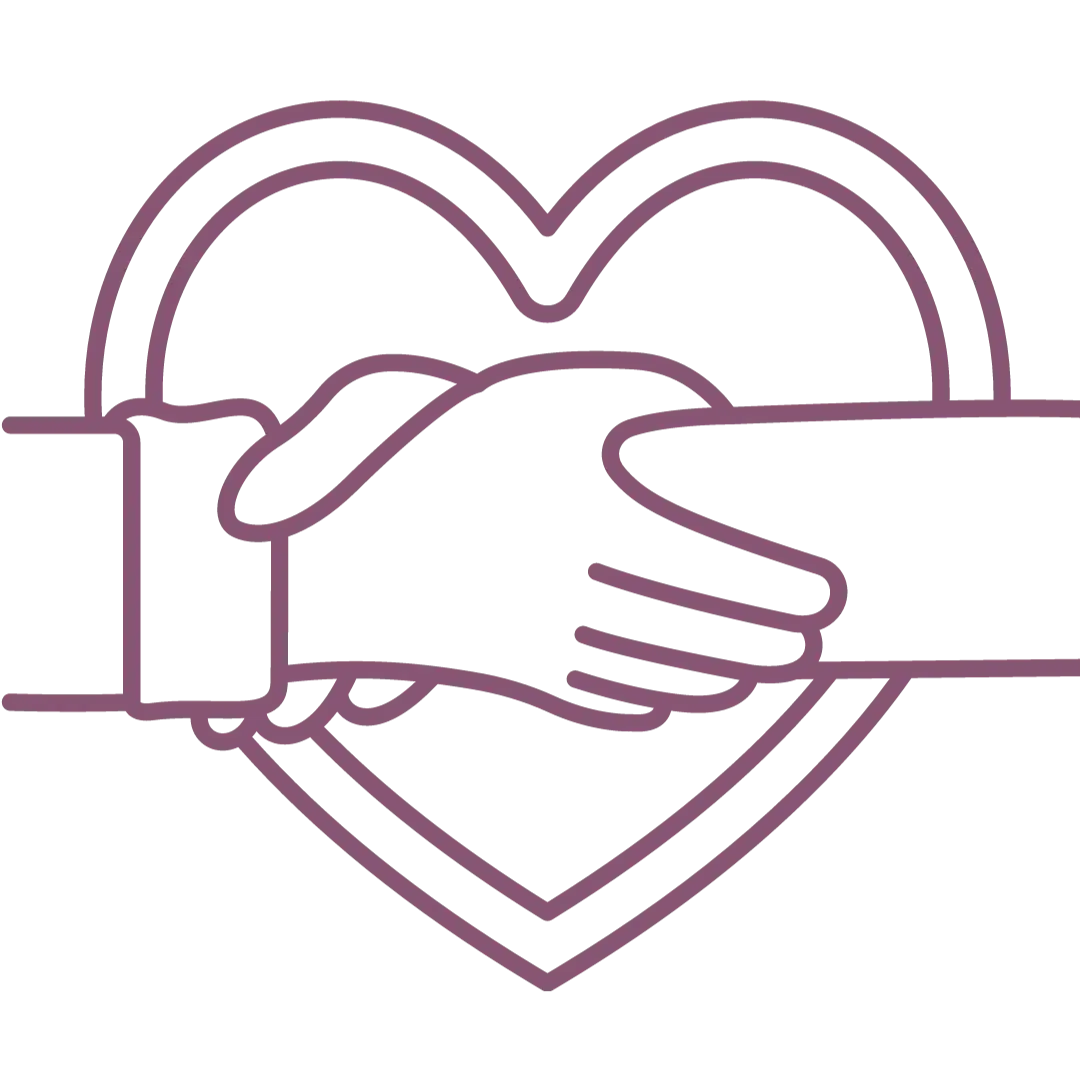
Join today and save! Use code Guest2Member15 for 15% off your membership.
Join today and save! Use code Guest2Member15 for 15% off your membership.
In the United States, February is celebrated as Black history month, March 8th as International Women’s Day, June 28th as LGBTQ+ pride day, and October 10th as Indigenous People’s Day. These types of events celebrate the contribution of groups that have historically been oppressed, and also expose the pain of that oppression. Racism and sexism are built upon and compounded by centuries of past harm. This means that the pain we experience due to injustice today is not only tied to our current circumstances, but also to the past experiences of our ancestors in ways that we may not even be fully aware of.
For instance, a few months ago I was with a group of friends and we were playing charades. One of these friends was a black woman (we’ll call her Sara), and during the game she pointed to herself to try to silently signal the word “self.” In the random stream-of-consciousness words that came from others trying to figure out her signal, another friend popped out “black.” The game continued, but later I could see Sara was upset. I asked her if she was okay and she said no. She experienced being a symbol of blackness as a microaggression, tied to a lifetime of being defined by her skin color. Her tears started to flow, and then continued to flow and intensify until it became a raging torrent of pain. At first this was puzzling for Sara. Why was her reaction so intense?
She realized that what she was experiencing went way beyond the context of the game or her own life or even the constant trauma generated by the news. She was tapping directly into the pain of racism and violence experienced by generations of her people. It was if all this pain was bottled up in the collective unconscious and found an outlet through Sara in that moment.
Luckily Sara is a seasoned self-compassion teacher so she knew just what to do: give the pain space and love. No need to fully understand it, just feel it with courage and compassion. This allowed her to get through the experience with grace and strength.
Generational pain is everywhere, and when we start to open our hearts through self-compassion practice we will likely run into it. Pain stemming not only from our connections to those who were hurt and oppressed in the past but also to those who hurt and oppressed others (I certainly felt this as a white person seeing what Sara went through). It can also stem from our unique family histories which may be marked by abuse or mental illness or other tragedies.
This is a consequence of our fundamental interconnectedness – though it generally feels good to feel connected to a larger whole, it can hurt as we connect to intergenerational pain. One way to hold this type of pain – especially when we don’t fully understand it’s origins – is to work with it as an energy in the body. We can process the feelings as a felt sensation, giving them the space and love they need to help heal.
I am including a link to a practice from MSC called Working with Difficult Emotions which is useful when confronting any type of distress, including generational pain.
Please make sure if you do this practice that you go slowly and don’t bite off more than you can chew (i.e. don’t dive head-first into feelings of trauma).
If you do ever become overwhelmed, please stop the practice. When dealing with trauma, it is best to work with the help and guidance of a trauma-informed therapist.
May your self-compassion practice help you heal past pain and open to the joy and peace that is your true nature.

Scholarship Rates
